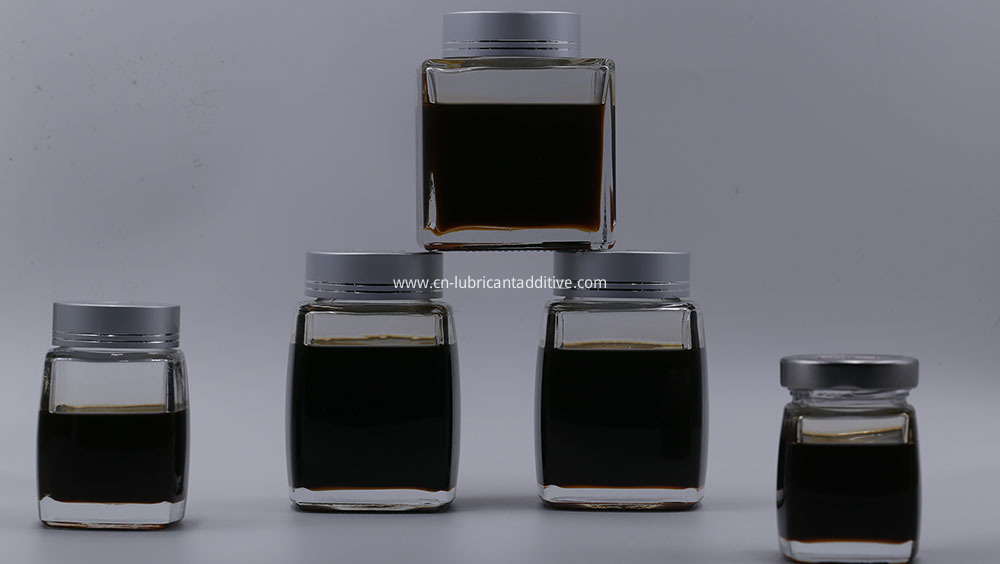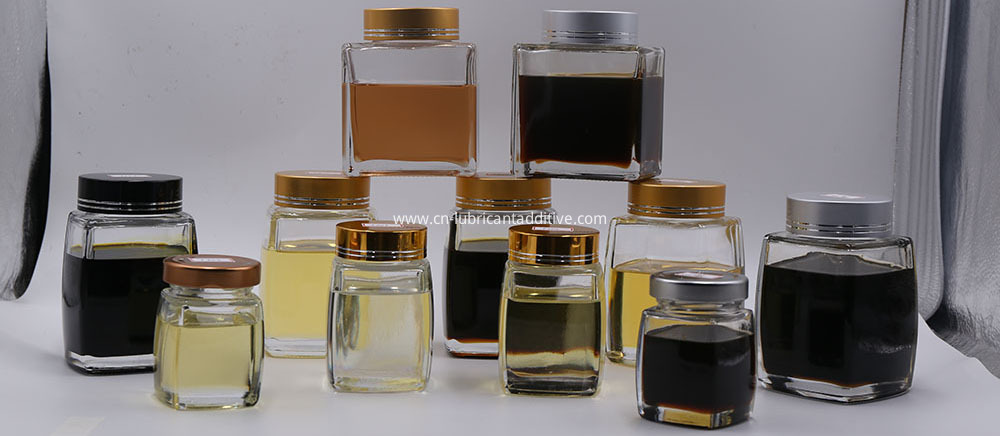
Privacy statement: Your privacy is very important to Us. Our company promises not to disclose your personal information to any external company with out your explicit permission.
News
Home > Company News > Why can't Hydraulic Oil be used as a Lubricant Oil?
2019-11-05
Although hydraulic oil and lubricant oil have something is same, such as they are antiwear(Antiwear EP Additive), cooling, antirust, cleaning, and sealing. But they aslo have a lot of different, and it is these differences that make hydraulic oils not be used as lubricants. If you want to find out why engineering machinery hydraulic oil can't be used as lubricating oil, first you must understand what is lubricating oil and what is hydraulic oil. Next, let's explain what is a lubricant and what is a hydraulic fluid.
Lubricant oil is a type of lubricant that acts to reduce friction between two objects due to contact between two relatively moving objects. It's made of Base Oil and Lubricant Additive. In addition, it has the function of cooling, antirust, cleaning, sealing and cushioning and so on. Lubricating oils are divided into diesel engine oils and gasoline engine oils, each of which has different grades to choose.


Although hydraulic oil and lubricant oil have something in common,They also have a lot of different. Therefore, at the end of the article, remind the friends in the construction machinery industry that the hydraulic oil can not be used as a lubricant.
Our company are mainly produce Lubricant Additive for years and provide one stop shopping in China, Our products including Additive Package, Lubricant Additive Component etc.. If you interested in them or you want to know how to use them, please contact me. Email:eilin@cn-lubricantadditive.com and Tel/WhatsApp: +86-18339818406.

Share to:
Send Inquiry

Mr. James
Tel:0086-371-58651986
Fax:
Mobile Phone:+86 13783582233
Email:sales@cn-lubricantadditive.com
Address:No.11 Changchun Road, High-Tech Zone, Zhengzhou, Henan
Related Products List
Mobile Site


Privacy statement: Your privacy is very important to Us. Our company promises not to disclose your personal information to any external company with out your explicit permission.

Fill in more information so that we can get in touch with you faster
Privacy statement: Your privacy is very important to Us. Our company promises not to disclose your personal information to any external company with out your explicit permission.